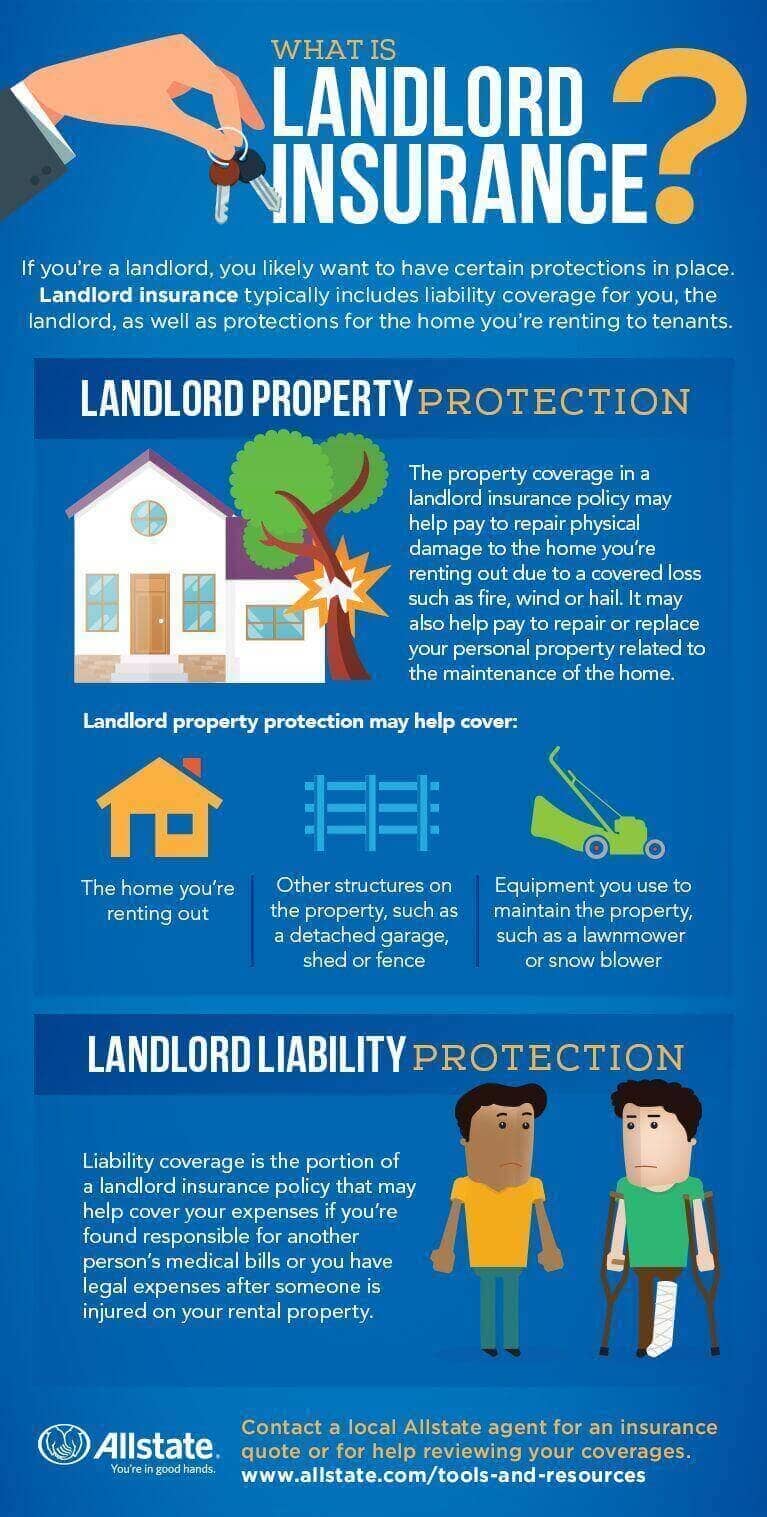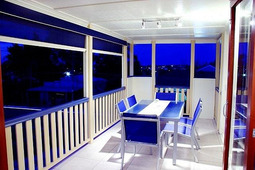Homeowners Insurance vs. Should you get landlord insurance if renting out your home? What does landlord insurance cover you for? Is home insurance and homeowners insurance the same thing?

Does landlord insurance cover a furnished home? With homeowners’ insurance , you’re protected for damage you’ve caused. Neither landlord insurance nor homeowners’ insurance cover damage to tenants’ personal belongings. This reflects the additional risks incurred when you turn your home into a business.
There are three categories of coverage: DP- DP-and DP-3. Other key differences between homeowners and landlord policies include: Personal property coverage. While homeowners insurance may help cover many kinds of belongings, such as furniture, clothing and computers , landlord insurance typically only provides coverage for items used to service the rented property. So if you’re renting out a room in your home, check with your agent to make sure you don’t need landlord insurance. Although standard homeowners insurance and landlords insurance both cover damage to, or loss of, your structure, landlords insurance offers greater protection, and it keeps you from taking a hit.

If you want to lower your premium, take some of the risks out of covering your property. Expect to pay to more for landlord insurance than you did for homeowners insurance. In recent years the average cost of homeowners insurance was $8a year.
Tack on , and that would put the average annual premium on landlord insurance at about $986. Just like homeowners insurance , there are various coverage levels you can select when choosing a landlord insurance policy. We hope this article on landlord insurance vs homeowners insurance was informative. It also covers the occupants and their visitors.
REPLACEMENT COSTS When choosing your landlord insurance policy consider language about cash value versus replacement costs. Landlord and home policies have some similarities. If your property is older, the cash value can be.
When it comes to insurance , Denver investment properties largely differ from owner-occupied properties. For example: If you own an investment property in Denver, homeowners insurance won’t cover the medical expenses of a tenant that was injured on the property. A landlord policy, however, may be. Whether you’re a homeowner turned landlord or just sub-letting, blanket home insurance doesn’t usually cover rental activities, and dedicated insurance is usually needed.

Let’s look at the different categories of insurance to see what type of coverage is available for a landlord vs. Coverage A – Dwelling Both policies have coverage for the main structure in the event of a loss. With renters insurance , the landlord will be expected to have coverage on the building while. But the way they cover you is totally different. An when you own a rental property, it is the landlord insurance that protects your investment in a much better way versus when you rely on the homeowner ’s insurance policy.
That is because basically the insurance is covering your dwelling, or the home itself. You can see in the coverage page above that there is about $125of coverage for personal property on this $160home. Investment properties, when it comes to insurance , differ from owner-occupied properties by a significant margin.

Below are some reasons that best explain this. When you own an income property, a homeowners insurance won’t help you in the event you lose your tenant. To look at renters insurance vs. If there’s a fire, and the building burns to the groun landlord insurance rebuilds it.
It may cover some contents that come with the rental, as well, but. However, the additional cost is definitely worth paying to have the extra coverage. Standard homeowners insurance only provides limited coverage for rental properties, which is why a separate landlord policy is necessary.

No comments:
Post a Comment
Note: Only a member of this blog may post a comment.